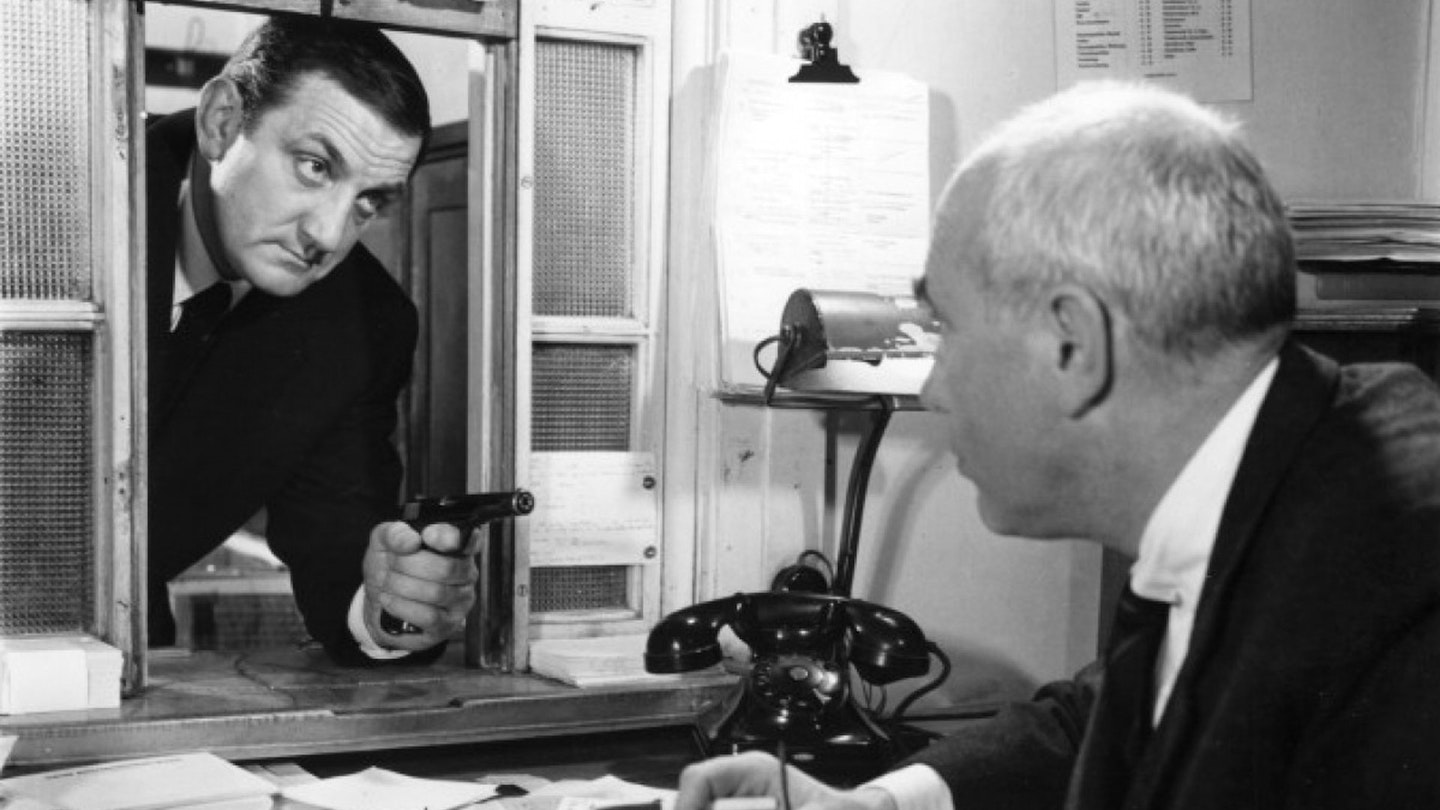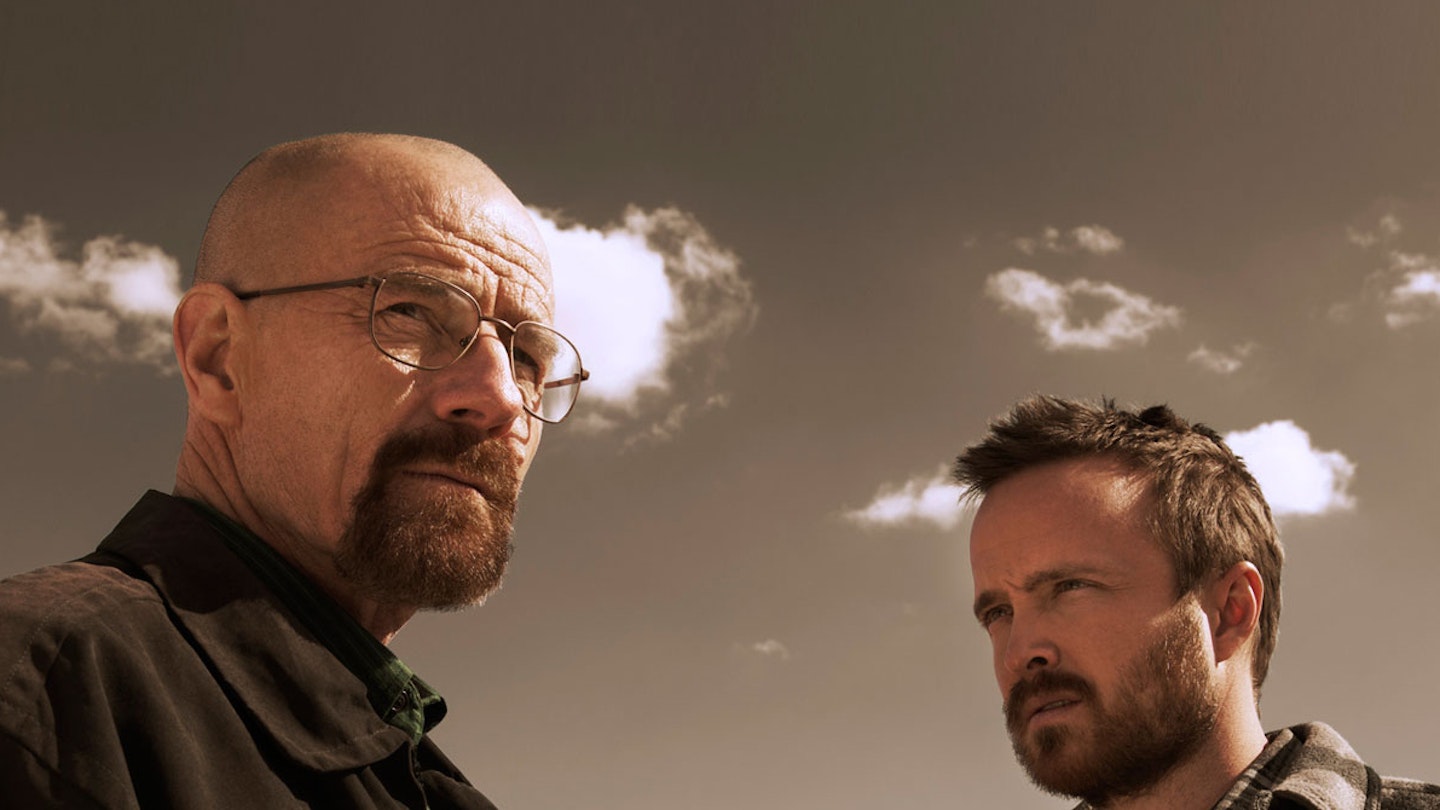At its height, East Germany’s Ministry for State Security — the infamous ‘Stasi’ — had around 100,000 full-time employees and recruited, by fair means or foul, hundreds of thousands more ‘informants’. Ordinary members of the public were coerced into spying on their friends, family and neighbours; some through their love for the Communist system, but most through blackmail or fear of disappearing into a forgotten cell. Perhaps it’s no coincidence that this story begins in the Orwellian year of 1984.
This year’s Oscar winner for Best Foreign Language Film, The Lives Of Others is European filmmaking at its finest and proof — after Downfall, Das Experiment and Good Bye Lenin! — of an exciting renaissance in German cinema. But while Good Bye Lenin! took a lighter, more nostalgic stance on a nation divided by the ideological reality of the Berlin Wall, this focuses on the inevitable human tragedy at the heart of a regime that treats everyone as a potential enemy. It reveals a paranoid political system whose iron grip is in a chokehold around its own throat, forcing its best artists into exile, cultural compromise or suicide.
Like Hidden and Volver last year, this is a major work that has guzzled trophies and now deserves to reach a crossover audience. It’s all the more remarkable that it is the work of a first-time writer-director, given the emotional precision of its screenplay and the perfect balance it achieves between thriller and drama.
Sebastian Koch, seen recently as the German officer in Paul Verhoeven’s Black Book, has a charismatic, bohemian air about him. Handsome, with flowing locks and open-necked shirts, his Dreyman is the visual opposite of Wiesler (Ulrich Mühe), whose cropped hair, impassive face and buttoned-up grey anorak are the epitome of emotional repression. The playwright has a book-lined apartment and a beautiful actress girlfriend (Martina Gedeck). The policeman lives in a sparsely furnished tower block where he eats ready-made meals and engages prostitutes.
The entire film revolves around the yin and yang of their characters. Their lives are inextricably bound together and yet they barely share a scene. Sitting in an empty attic, listening to bugging devices, lonely Wiesler has open access to gregarious Dreyman’s life. Slowly, however, the audience also peeks through the cracks in Wiesler’s exterior, as his attitude to his subject moves from disapproval to envy to compassion. To an extent, he’s like Matt Damon’s character in The Good Shepherd, a man who has sacrificed his personal life for the ‘good’ of his country, but who has lost a bit of his soul in the process. Both, in fact, adhere to an idea of their homeland rather than its reality. But while there’s no redemption for Damon’s CIA chief, Mühe’s Stasi subordinate brings the film a forlorn note of hope. It’s a truly memorable performance that, in its way, mirrors the political thawing out — Gorbachev’s ‘glasnost’ — that enters into the film’s final scenes.



